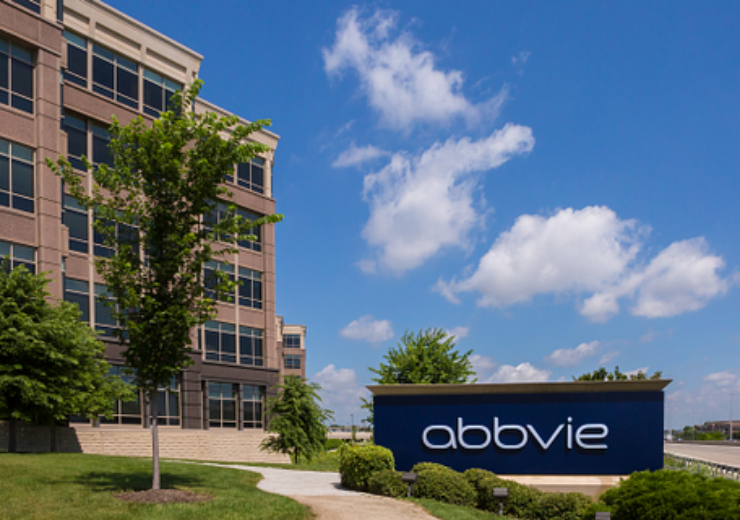Based on the results of the mid-stage trial, the company is advancing the clinical programme of upadacitinib in systemic lupus erythematosus to phase 3

AbbVie to move upadacitinib into phase 3 clinical development. (Credit: AbbVie Inc.)
AbbVie said that a phase 2 study of upadacitinib (RINVOQ, 30mg) met the primary endpoint of the systemic lupus erythematosus (SLE) Responder Index (SRI-4) and steroid dose less than or equal to 10mg prednisone equivalent once per day at week 24 in patients with moderately to severely active SLE.
Upadacitinib is a selective and reversible JAK inhibitor.
The SLEek study dosed upadacitinib alone or as a combination therapy with Bruton’s Tyrosine Kinase (BTK) inhibitor (elsubrutinib) in patients with moderately to severely active SLE.
Based on the results, the biopharmaceutical company is advancing its clinical programme of upadacitinib to phase 3.
The phase 2 study enrolled 341 participants, who were divided into five experimental arms according to the treatment regimen.
The primary outcome measure was the achievement of the SRI-4 with a steroid dose ≥ 10 mg prednisone equivalent once daily at week 24.
There were no new safety signals observed with upadacitinib and a similar safety profile was seen for the combination therapy as for treatment with the JAK inhibitor alone.
AbbVie chief medical officer Roopal Thakkar said: “Systemic lupus erythematosus is a very unpredictable life-long condition and the way it affects a patient can change over time. Therefore, there is a critical need for additional treatment options.
“With a quarter-century of experience and commitment to the treatment of rheumatic diseases, our focus remains on areas of high unmet need like systemic lupus erythematosus, and we look forward to further evaluation of the potential benefits that upadacitinib could bring to patients.”
In a separate development, the biopharmaceutical company released positive top-line results of risankizumab (SKYRIZI) from the phase 3 INSPIRE induction study.
The findings showed that risankizumab met the primary endpoint of clinical remission at week 12 and secondary endpoints as well in adult patients with moderately to severely active ulcerative colitis active ulcerative colitis.
The INSPIRE study recruited patients who showed no or less response to conventional therapies and/or advanced therapies.
In the study, 20.3% of patients receiving risankizumab achieved clinical remission compared to 6.2% of patients receiving a placebo.
